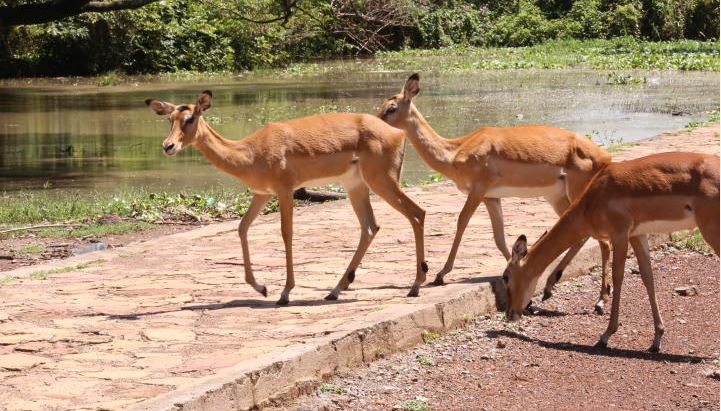×
The Standard e-Paper
Kenya’s Boldest Voice

The Kenya Wildlife Service (KWS) could part with millions of shillings in compensation after the rising Lake Victoria waters forced wild animals to migrate into homes.
The parastatal is also counting huge loses after the surging waters submerged huge parts of its two popular national parks -- Kisumu’s Impala Park and Ndere Island in Siaya -- threatening the lives of wild animals.